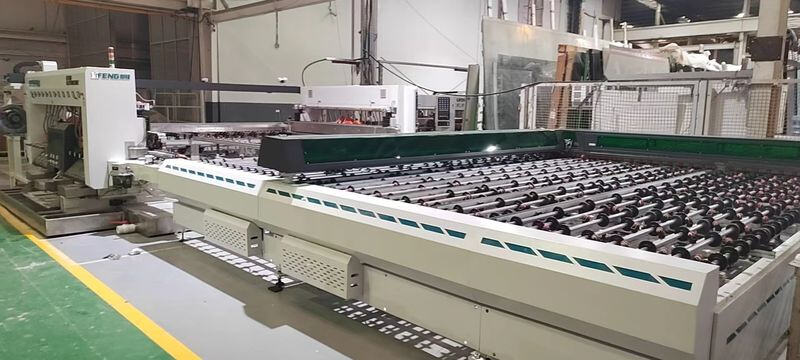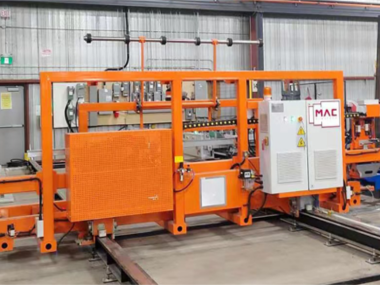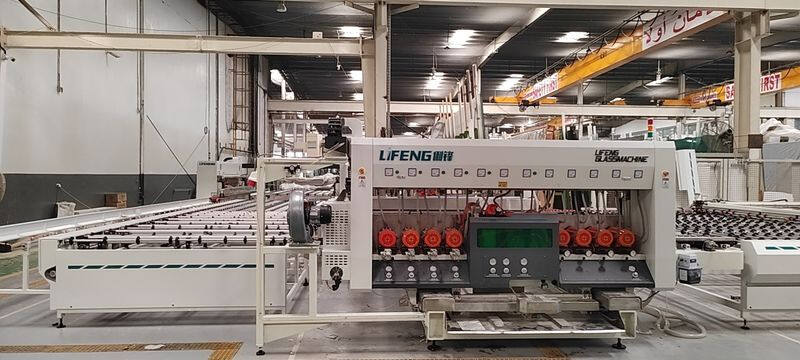glass grinder machine price
The glass grinder machine price represents a significant investment consideration for businesses in the glass processing industry. These essential tools range from $500 for basic manual models to $5000 for advanced automatic systems, offering various features and capabilities. Modern glass grinders incorporate precision diamond wheels and variable speed controls, enabling smooth edge finishing and precise beveling operations. The machines typically feature water cooling systems to prevent overheating and dust generation during operation, ensuring both product quality and operator safety. Industrial-grade models often include adjustable work tables, LED lighting, and digital displays for enhanced accuracy and user convenience. The price point often reflects the machine's capacity, with higher-end models capable of handling larger glass sheets and offering multiple grinding heads for increased productivity. Advanced features such as automatic feed systems and programmable grinding patterns contribute to higher pricing tiers but deliver superior efficiency and consistency in output quality. The investment consideration should account for factors such as production volume, required finish quality, and operational costs, including maintenance and consumables.


